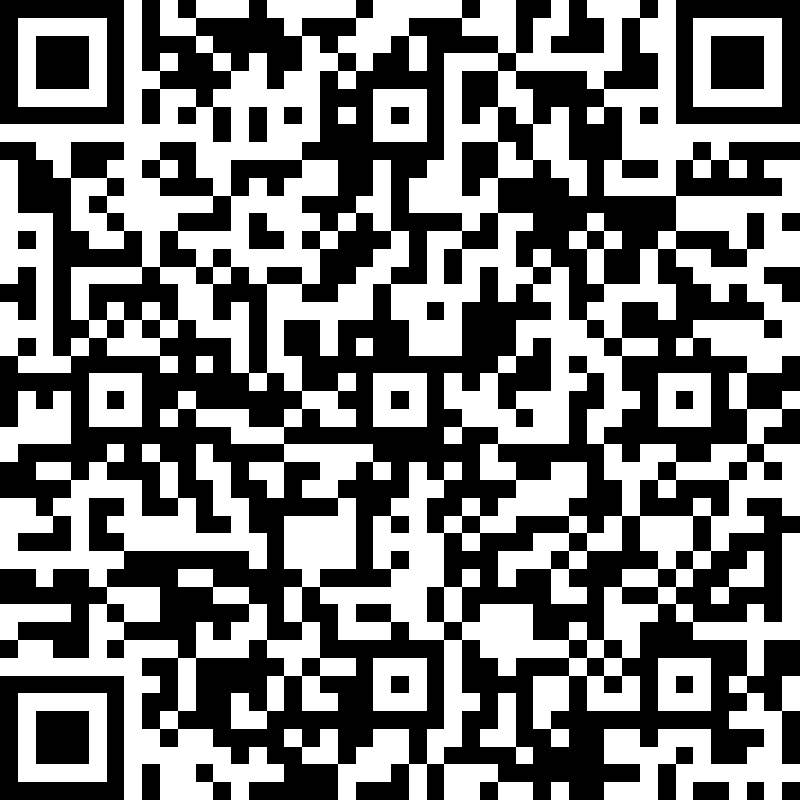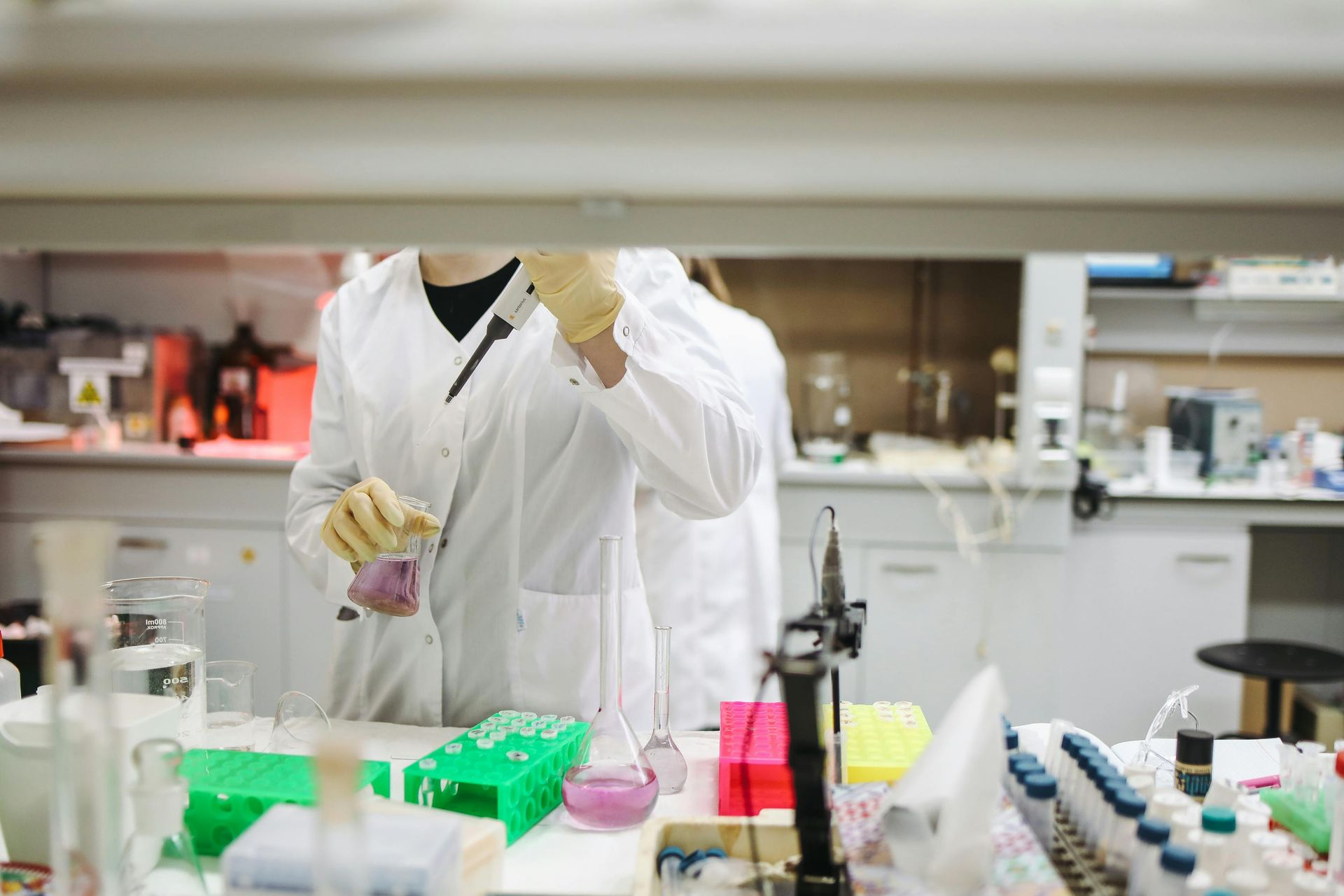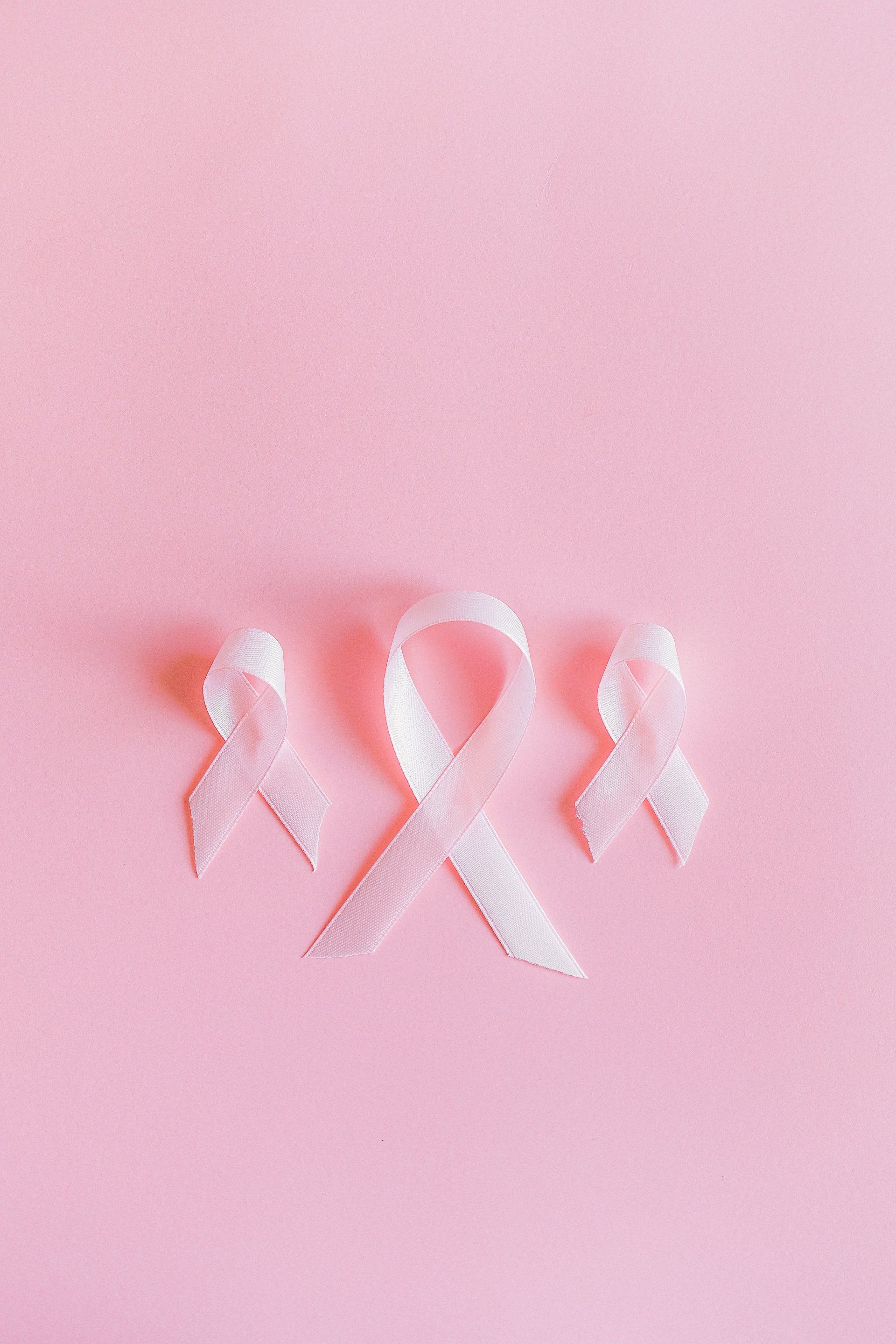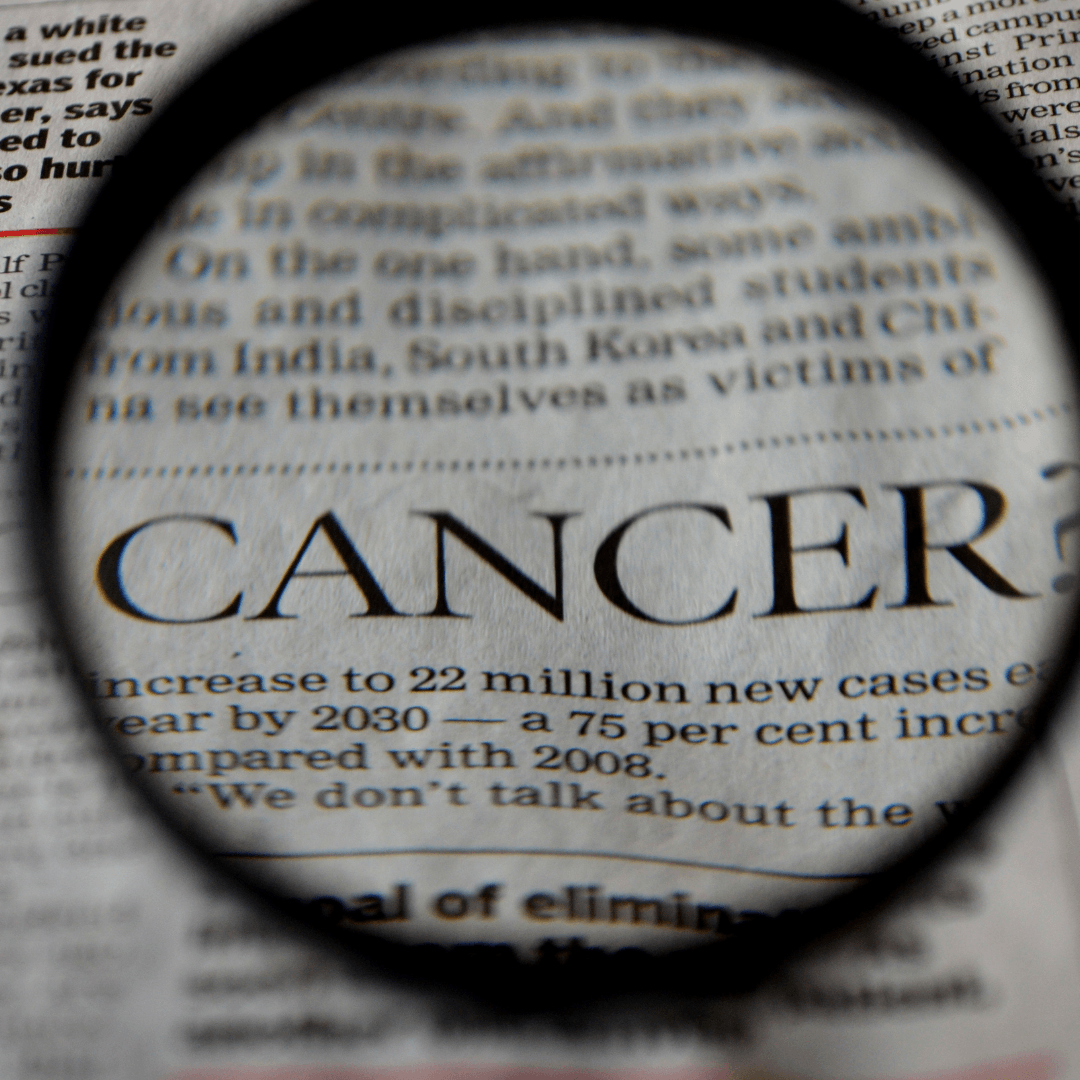Oncology
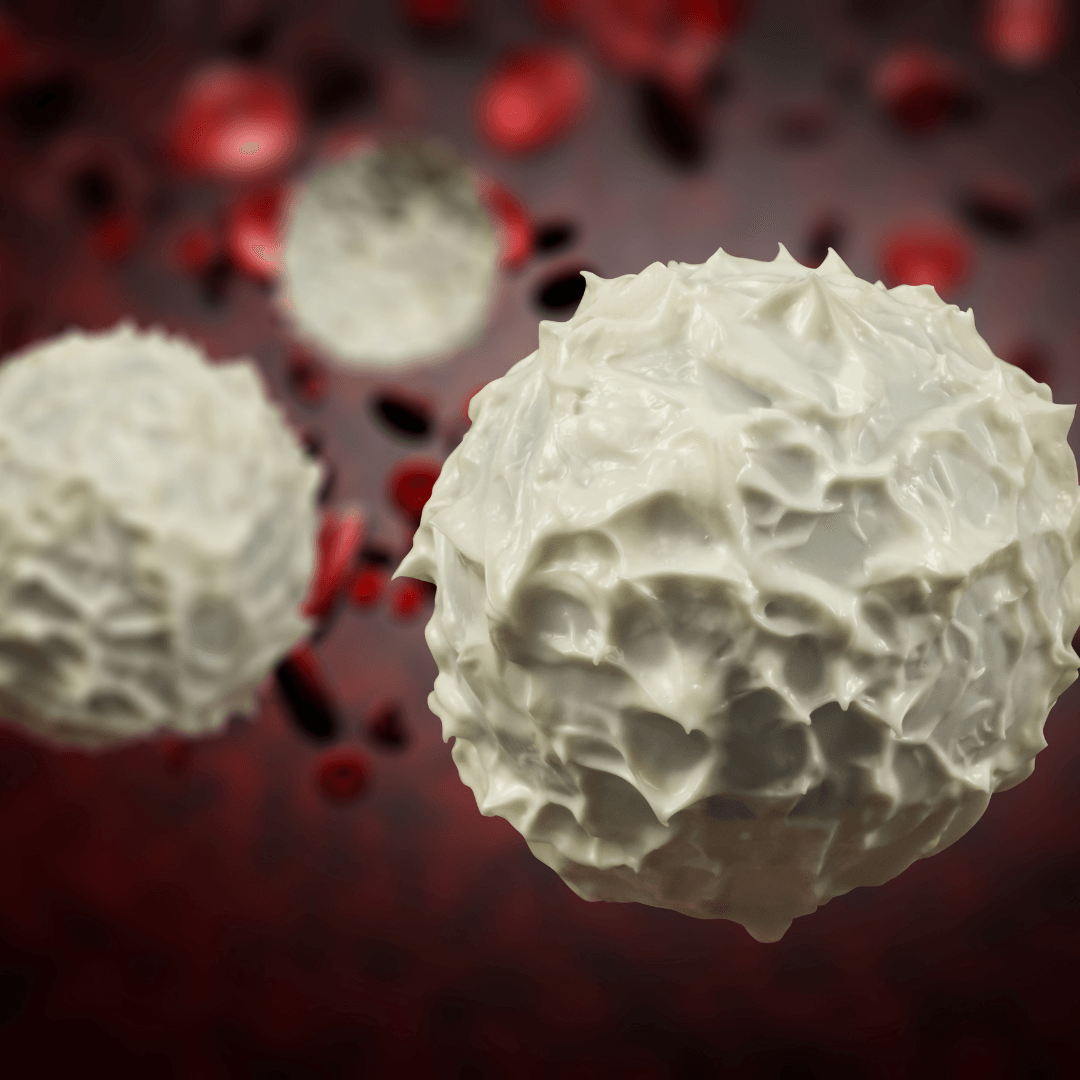
Briefly speaking, it is the use of one’s immune cells- specifically the T-cells- then teach them how to detect cancer cells in our bodies and kill them. It sounds simple, but talking about how to do it, here comes the challenge. Is this technique approved by FDA? Is it efficacious? And why is it important to develop? How did the scientists isolate the T-Cells? Can it kill both solid and liquid tumors? How do they teach these cells to detect cancer cells? How do they allow the cells to proliferate and then inject them back into our bodies in the effort of reducing the complications (e.g., Cytokine Release Syndrome (CRS))? A LOT OF QUESTIONS can arise, but this technique was not developed in a single night. It was developed over decades and its complexity increases with the more we know. In this article, I am going to talk about the key points that will make you knowledgeable about this technique. Is this method FDA approved? Since 2017, Six CAR-T-cell-based therapies were approved by the FDA (1): - Axicabtagene ciloleucel, approved on 30 August 2017. - Tisagenlecleucel, approved on 01 May 2018. - Brexucabtagene autoleucel - Lisocabtagene maraleucel - Idecabtagene vicleucel - Ciltacabtagene autoleucel After the conduction of several Phase I and Phase II clinical trials, these medications were approved by FDA for the treatment of the below hematological malignancies:
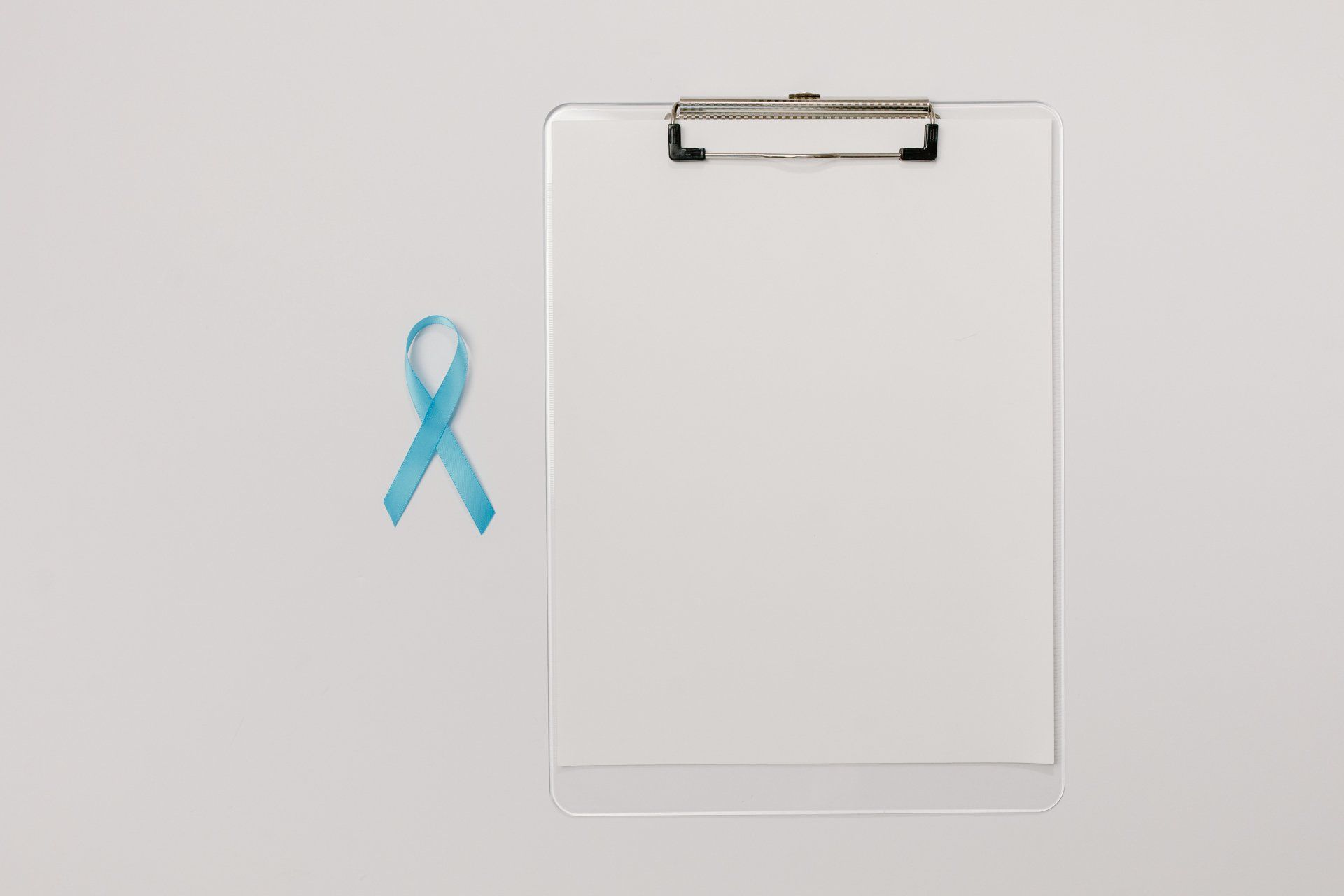
12 patients took the treatment with Dostarlimab and their rectal cancer vanished. Just like that💫 The physicians did physical exams, digital rectal examinations, biopsies, PET scans, and MRIs and they found nothing! Not to mention that no adverse events of grade 3 or higher have been reported!! How was the idea of this study formulated? Usually, oncologists will prescribe to patients with locally advanced rectal cancer neoadjuvant chemotherapy and radiation (neoadjuvant treatment is the kind of treatment given before doing the surgery to help shrink the tumor size and prevent its further spread). For the patients suffering from metastatic rectal cancer due to a deficiency in mismatch repairing, positive results were observed when PD-1 blockers were used. Researchers hypothesized that there will be better results when this type of medication is used when the rectal cancer is still local and did not metastasize. What is the design of the study? So, this Phase 2, prospective study was initiated, and the participants received a dose of Dostarlimab every three weeks for six months, and the plan was to undergo standard treatments of chemotherapy, radiation therapy, and then surgery following the treatment with Dostarlimab. However, researchers found that in every case, the cancer was cleared through the experimental treatment alone. This result is considered astonishing although it’s only in a small number of patients because it’s never happened in the history of cancer. What is Dostarlimab-gxly? Dostarlimab-gxly is a humanized monoclonal antibody that works as a PD-1 blocker, AKA checkpoint inhibitor. It binds to the PD-1 receptor and prevents its interaction with its ligands, PD-L1 and PD-L2. Like Pembrolizumab, It releases the brakes on an immune cell, freeing it to recognize and attack cancer cells, according to MSK. Its side effects include (but not limited to): - Fatigue/asthenia, - Nausea, - Diarrhea, - Anemia, - Constipation. For this medication to prove itself, a longer follow-up is needed to assess the duration of response (DoR). Also, more studies should be done on a larger sample because 12 patients showing that the tumor vanished is not enough to prove that a molecule or a drug is effective 100%. Note that this drug is being also investigated if it can beat other cancers like gastric, prostate, and pancreatic cancers.





